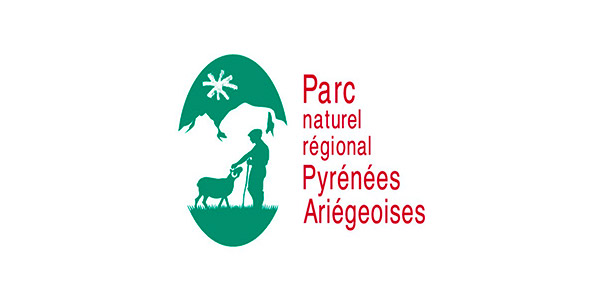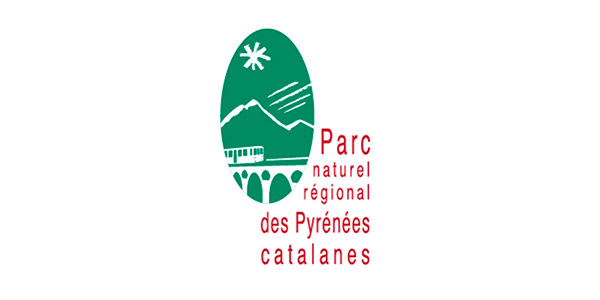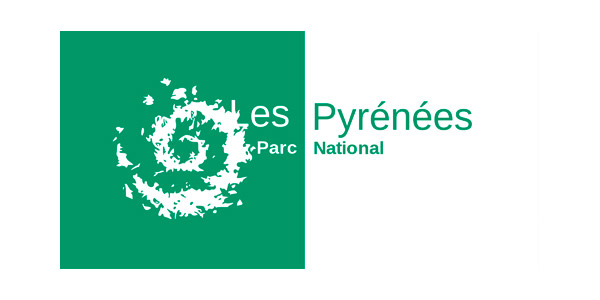The natural heritage of the Pyrenees
This WFFC France 2024 will be set in the Pyrenees and the Aude foothills. The mountain ecosystem, at altitudes of 300 to over 3,000 metres, offers a diversity of habitats and a rich biodiversity. The presence of numerous nature reserves, classified natural sites and Natura 2000 sites are all indicators of this exceptional biodiversity. In fact, the championship could potentially take place on several classified sites or Natura 2000 areas (mountain lakes, river sectors), with their recognised and sometimes fragile biological wealth.
During your visit to the championships, you may encounter a number of species that are emblematic of the Pyrenees. Isard (cousin of the Alpine chamois) and ibex on the mountain pastures and summits, overflown by large birds of prey including the mythical golden eagle and bearded vulture. The marmot will bring you out of your reverie and encourage you to contemplate the rich flora of the plateaux and riverbanks: lilies, irises, gentian, ramonde and many orchids will be present in June.
If you look down into the rivers, you’ll find two species endemic to the Pyrenees, the desman (an aquatic small mammal) and the calotriton (an amphibian), which are very difficult to watch. You may find it easier to follow the tracks of the otter, which is very present in all sections of the river, or the ballet of the common dipper!
Discover the flora and fauna of our beautiful region
- All
- Wildlife
- Flora
However, this biodiversity, in terms of both species and habitats, is threatened. Pollution, over-frequentation, the proliferation of uses (agriculture, nature sports – including fishing, construction of structures and infrastructure, etc.) are all causing pressure on these fragile mountain areas and their wetlands and aquatic environments. These pressures are intensified by the effects of climate change, which are very present in the mountains (changes to water regimes, rising temperatures, reduced snowfall and severe low-water periods in rivers, drying up of ponds, increase in extreme weather events, etc.). The consequences on the survival and reproduction of vulnerable species (aquatic species, birds, plants, etc.) are already visible.
Numerous research teams, fishing federations, water agencies and associations have been working for many years to evaluate these multiple threats, anticipate them more effectively and try to limit their impact.
It is our responsibility, as anglers and organisers of such a major competition, to be aware of this and to do what we can to help preserve these environments.
Two striking examples from the world of fishing are pollution linked to waste (food scraps, fishing line, microplastics, etc) and the transport of disease vectors by waders (shoe soles, folding of waders covered by water) during multi-site fishing sessions on the same day. This vector aspect has become a major issue nowadays, with the emergence of diseases facilitated by climate change, such as Batrachochytrium dendrobatidis (multi-species pathogenic fungus on amphibians), fungal disease caused by Saprolegnia and PKD (Proliferative Kidney Disease, linked to a parasite) on fish.
Discover our nature parks
Please feel free to visit the websites of Parc Naturel Régional des Pyrénées Ariégeoises and Parc Naturel Régional des Pyrénées Catalanes and Parc National des Pyrénées (outside the competition area) for further information.
Visits and events will be organised during the WFFC France 2024, so be sure to join in them as well as following the competition.

Parc naturel régional
Pyrénées ariégeoises

Parc naturel régional
Pyrénées catalanes

Parc national
des Pyrénées












